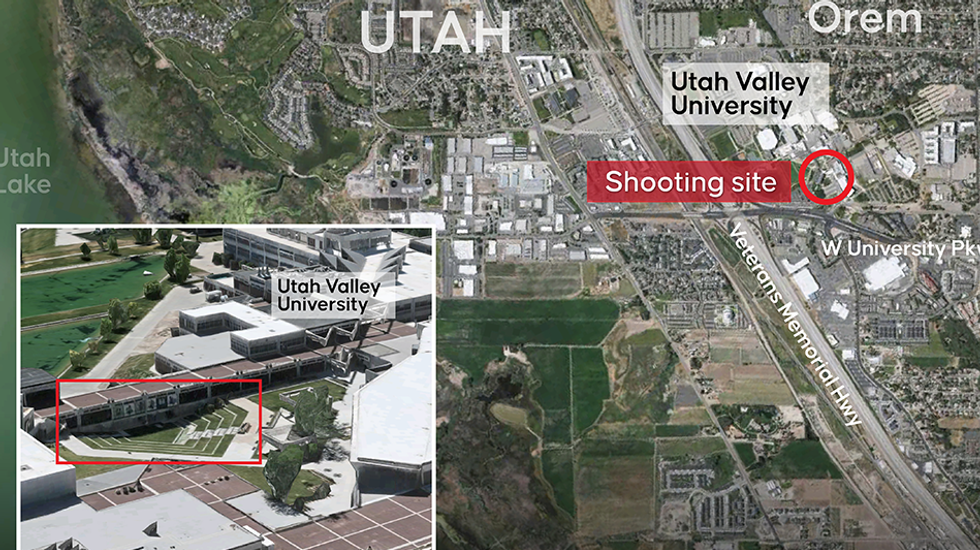Exposing NIH-Funded Research: Why I’m Blowing the Whistle on Corruption

I once stood within the halls of academia, benefiting from the generous funding of the National Institutes of Health. I was part of the system, a researcher fueled by grants that were supposed to propel scientific progress.
But after years inside the machine, I have come to a sobering conclusion: the NIH is fundamentally broken and morally corrupted. Corruption, waste, and fraud are not occasional lapses but systemic failures. The agency must be gutted and reformed if we are to salvage scientific integrity.
One of the most damning indictments against the NIH is the reproducibility crisis. Science is supposed to be built on verifiable, repeatable results, yet the vast majority of research funded by the NIH fails this basic test.
A widely cited survey in the journal Nature found that a staggering 70% of scientists surveyed reported failing to reproduce published research. Worse still, in a landmark study by Dr. Glenn Begley, only 11% of oncology studies that were reviewed could be replicated—meaning that 89% of these supposedly groundbreaking cancer studies were essentially worthless.
While these statistics are of studies in general and not just of those funded by the NIH, this shows that many in the scientific community, including many of those funded by the NIH, are working with potentially unreliable data.
This crisis is not just a theoretical concern; it has real-world consequences. False leads misdirect entire fields, wasting billions of taxpayer dollars and delaying real medical breakthroughs. And yet, despite these revelations, the NIH continues to funnel money into the same broken system without demanding accountability or reform.
The problem extends beyond faulty studies—it is exacerbated by the complicity of major academic journals. If a study aligns with a prevailing political narrative, it often gets published regardless of scientific rigor.
Nowhere was this clearer than in the handling of COVID-19’s origins. Prestigious journals like Science and Nature Medicine published papers that promoted the politically convenient theory that the virus originated from a wet market, despite glaring holes in the data. Subsequent email leaks revealed that former NIH Director Francis Collins and Anthony Fauci actively pushed this misleading narrative.
This was not an accident. These journals, reliant on grants and government ties, have abandoned scientific objectivity. They do not face consequences for publishing fraudulent research. When a study is eventually debunked, at most, a quiet retraction is issued—long after the damage has been done. Even today, these journals refuse to retract the faulty COVID-19 origin studies, underscoring their unwillingness to prioritize truth over ideology.
Beyond the issue of fraudulent studies, the NIH’s grant distribution system is a financial disaster. I saw firsthand how NIH grants—often exceeding a million dollars each—are handed out to principal investigators who have no training in financial or personnel management.
These researchers, brilliant in their fields but clueless in budgeting, routinely squander taxpayer money. Lab managers (often research assistants with no financial expertise) oversee massive budgets with little to no oversight. The result? Expensive lab equipment gathering dust, unnecessary purchases of antibodies and reagents, and a total lack of accountability.
What’s worse, principal investigators often manipulate the system to justify continued funding. One of the most common fraudulent tactics is using old data—research conducted before receiving the grant—to fabricate progress. Since there is virtually no oversight from the NIH on how grant money is actually spent, this deceit is easy to execute and nearly impossible to detect. It is a free-for-all with taxpayer money, and there is no mechanism in place to hold bad actors accountable.
Even when fraud is exposed, punishment is nonexistent. Universities and researchers caught red-handed in scientific misconduct face no real repercussions. Journals simply issue retractions, and the guilty parties move on to prestigious positions elsewhere.
Consider the scandal at Duke University, where researchers were caught in 2018 engaging in massive scientific fraud, allegedly submitting falsified research data to keep and win multimillion dollar research grants from the NIH and EPA. While Duke paid the federal government $112.5 million to settle the case, instead of severe consequences, those involved simply moved on. One of the key figures even landed in a leadership role at the Massachusetts Institute of Technology.
Another example is the fraudulent Alzheimer’s research that misled the entire field for years. Dr. Jay Bhattacharya, President Donald Trump’s nominee for NIH director, recently highlighted during his confirmation hearing how a series of falsified studies led to a cascade of misleading research that set back Alzheimer’s treatment by decades. Hundreds of studies, all built on a foundation of lies, consumed untold amounts of funding and diverted resources away from legitimate research. Yet, those responsible faced little more than a tarnished reputation.
So, what’s the solution?
The NIH, as it stands today, is beyond reform. It is not simply suffering from mismanagement; it is an institution riddled with systemic corruption. The solution is drastic but necessary: The NIH must be gutted.
Funding should be stripped from ineffective programs, and a new oversight mechanism must be established to ensure transparency and accountability. Grants should no longer be handed out to researchers with no financial acumen. Journals that publish fraudulent research should face consequences beyond a mere retraction.
Most importantly, the scientific community must reclaim its integrity. If research cannot be replicated, it should not be funded. If fraud is uncovered, there must be real consequences. The American people deserve better than a corrupt, self-serving bureaucracy that prioritizes its own survival over genuine scientific advancement.
I once believed in the NIH. I sure did. I still believe in the power of research to change lives.
But after seeing the corruption, waste, and deceit firsthand, I can no longer stay silent. The NIH is not the solution to our scientific woes—it is the problem. Until it is torn down and rebuilt with accountability and merit at its core, science will continue to fail the very people it claims to serve.
We publish a variety of perspectives. Nothing written here is to be construed as representing the views of The Daily Signal.
The post Exposing NIH-Funded Research: Why I’m Blowing the Whistle on Corruption appeared first on The Daily Signal.
Originally Published at Daily Wire, Daily Signal, or The Blaze
What's Your Reaction?
 Like
0
Like
0
 Dislike
0
Dislike
0
 Love
0
Love
0
 Funny
0
Funny
0
 Angry
0
Angry
0
 Sad
0
Sad
0
 Wow
0
Wow
0











































































